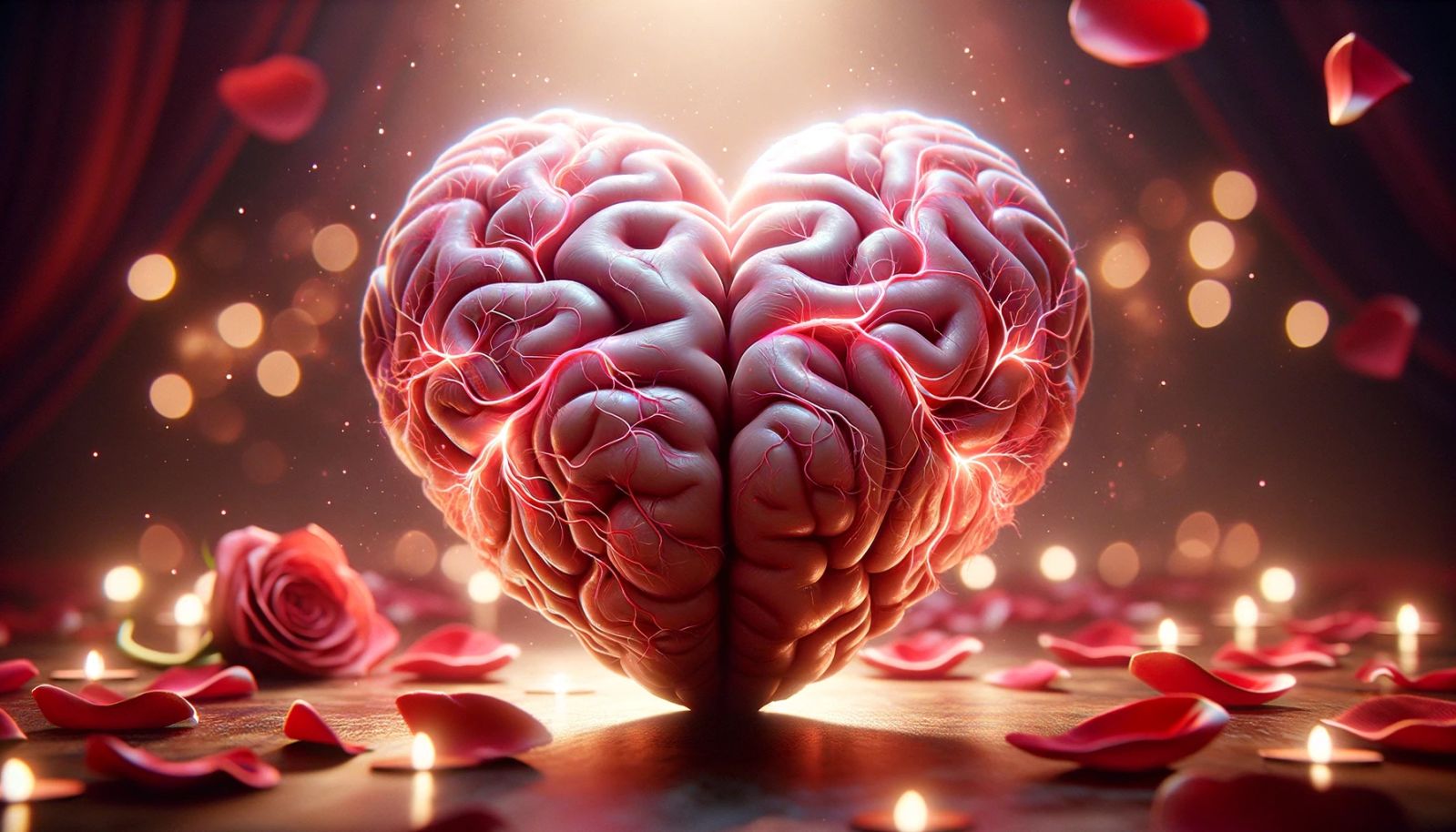Science Explains Love: The Molecule That Transforms Us
Follow us on Google News (click on ☆)

Prairie voles, monogamous rodents, served as the model for this research. Like humans, they form long-term couples, share a common home, and raise their offspring together. The study focused on the neurochemical impact when they are separated from their partner and when they reunite.
The nucleus accumbens, a brain region associated with motivation and pleasure, was at the heart of this research. Scientists used an optical fiber sensor to observe dopamine activity in this area. When a vole was reunited with its partner, dopaminergic activity intensified, illuminating the sensor. This phenomenon did not occur when it met a stranger vole, highlighting the importance of dopamine in the motivation to seek the company of one's partner.
Prolonged separation of the voles revealed another intriguing aspect. After a period of separation, the voles still recognized each other, but the characteristic dopamine surge had almost disappeared. This observation suggests that the brain possesses a "reset" mechanism that allows overcoming loss and moving on with life.
These findings have potential implications for humans, particularly in treating disorders affecting social relationships and grief. Understanding how healthy emotional bonds manifest in the brain could pave the way for new therapies for individuals suffering from mental disorders affecting their social life.
This research highlights the complexity of the neurochemical mechanisms involved in our social and emotional interactions. It sheds light on the power of dopamine, not only in our motivation to seek rewarding experiences but also in how we form and maintain emotional bonds.